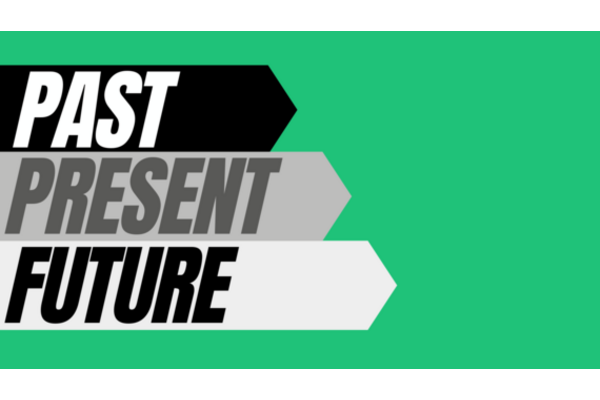Hi everyone, I’m Mervin. I’ve been working for Respect for nine years as a Helplines Advisor on the Men's Advice Line for male victims, and on the Respect Phoneline, for people who want to stop using abuse in their relationships. I’ve got a lot of experience as an advisor but I’ve always been interested in comms and campaigning. I’ve been working with the team to develop my skills in this area, so when the opportunity came up to lead Respect’s Black History Month campaign, I was really excited to work on this project.
This time we're focusing on the future. We spoke with Caroline Bernard, Director of Influence at Respect, about Respect’s plans to advance its EDI work, and why it’s so important to get it right.
Can you tell us about Respect’s plan for advancing its work around equity, diversity and inclusion?
We have made equity, diversity and inclusion a part of everything we do. In Respect's new strategy, we commit to actively embedding these principles across all areas of our work, both externally and internally. For example, we have improved our supervision and appraisal process so that it focuses on our culture, the impacts of power and privilege and the experiences of our team. We are also now taking a wider approach to EDI by setting up a new steering group that is working together to share good practice and ensure our approach to this work is aligned with our new EDI strategy and action plan.
Why do you think it’s important to get this work right?
I don’t think we have a choice but to get it right, we all have a duty to demonstrate that we are a part of the change and will actually deliver, beyond policies and statements. EDI around race was the focus of many organisations since the events of 2020, but three years on, this has started to wane. What we need to do now is ensure that we look across all protected characteristics - and indeed think about unprotected characteristics such as class – that create barriers to progression for those with talent and potential. We want people at Respect to be able to bring their whole selves to work and to be able to thrive in our workplace.
What would "good" look like?
“Good” would look like more people from diverse groups in leadership roles across the sector, and more organisations facing their fear around this and being willing to do the work to walk the talk. We all need to be willing to make mistakes, learn and grow from them.
What do you see as the biggest challenges to this work?
It’s very much the opposite of what good looks like, the challenges are around identifying and giving people the opportunities to step up, even if this is done in an informal way so that we can help people develop the skills they need for the next level in their role – this takes added capacity, but it is work now that will reap dividends later. We know that there are challenges about appearing to be performative, not delivering on EDI goals, and saying the “wrong thing”. But if we don’t say the “wrong thing”, we will never understand what the “right thing” is.
What would you say to someone from a minoritised community looking to get into a leadership position?
Start by making this known to your line manager, they may be making assumptions that you do not want to lead – we see this far too often. Then identify the training opportunities out there and ask for access to them. Also use other tools such as becoming a charity trustee, this is where you will learn about strategy, finance, and be responsible for running an organisation. Finally, see if you can access coaching and/or mentoring opportunities, to work with other leaders who can help you develop your own career strategy. Above all, try not to be discouraged, we are in a time now when, more than ever, we are empowered to speak out about our experiences - and people are listening!





